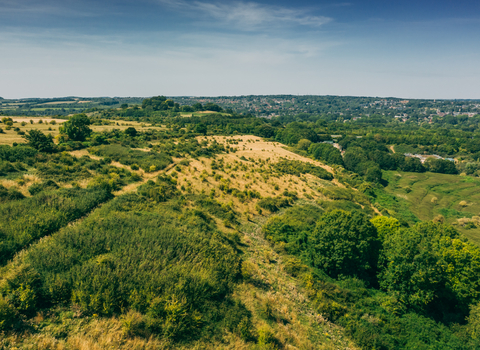We are just a few short years away from 2030. The date by which nature’s decline in the UK must be legally halted, and 30% of land and sea must be protected for nature’s recovery. To put that in perspective, in our counties, that’s around 60000 more hectares of land that’s needed in six years!
The General Election on 4 July 2024 saw us vote in the Government and parliament that will be potentially responsible for steering us most of the way towards those pivotal goals.
During the campaign, we called for a wilder, healthier, more sustainable future, and we need our politicians to know that this is not a niche issue – our physical and mental wellbeing, along with our economic prosperity, depends on it.
With a new parliament now in place, you can help us hold them to account and ensure nature is given the priority it deserves, and key promises made during the election are fulfilled. - Whether you are a constituent or an MP, find out all you need to know about our priorities and key recommendations for the new Government and policymakers below.
What we're calling for

A planning system that helps nature recover
Development needs to be both nature-friendly and sustainable. Our planning system must be reformed to protect critical habitats and natural resources, and ensure that new developments contribute positively to the recovery of the natural environment.
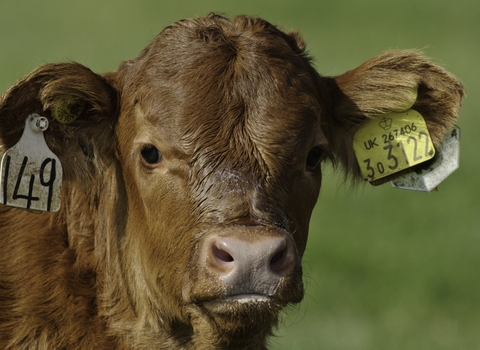
Cattle conservation grazing, Elmley Marshes, Kent. Calf with ear tags. - Terry Whittaker/2020VISION
Supporting the transition to Nature-Friendly Farming
Agriculture is one of the biggest drivers of biodiversity loss and climate change, and in turn these issues are a huge threat to food security. Policies should properly fund the transition to sustainable and regenerative methods of food production that support biodiversity restoration, soil health, and climate resilience.
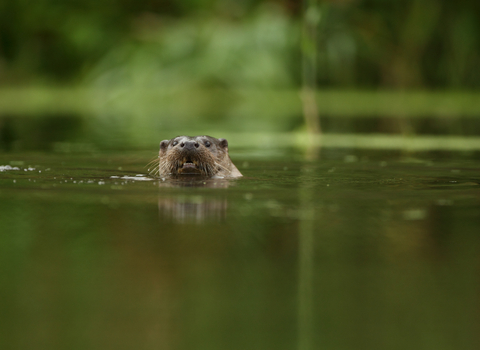
Luke Massey
Tackling water pollution
Clean water is essential for both wildlife and people. Stricter regulations and better management of pollutants, including agricultural runoff and sewage, are vital if we are to protect our rivers and seas. Our local chalk streams are a world-renowned habitat, but their health is at great risk. We need local champions backing more robust protections to help save our chalk streams.
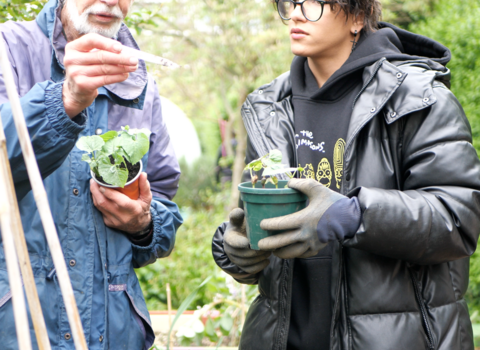
Supporting greener communities
Urban and rural greenspaces provide the essential habitats and stepping stones that our wildlife needs to survive and thrive, whilst also supporting people’s health and wellbeing and helping deal with the impacts of climate change. We need to empower communities to connect with and look after the nature on their doorstep.
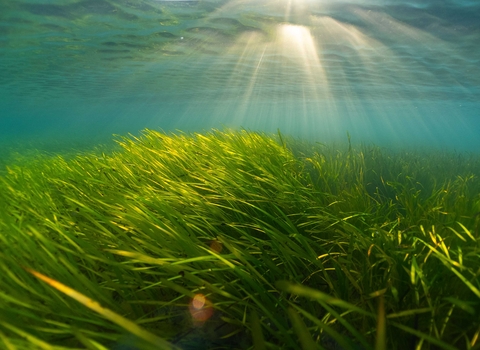
Seagrass Meadow © Theo Vickers
Prioritising Nature-Based Solutions to climate change
Natural solutions such as reforestation, wetland creation and seagrass restoration can make a meaningful contribution to combating and building resilience to climate change while also boosting biodiversity. These ecosystems can act as buffers against extreme weather such as flooding or droughts, protecting people, houses, crops, water supplies and vital infrastructure.
What can you do?
You can help hold your MP to account and ensure they are a voice for local nature recovery in parliament.
As well as help in writing to your new MP, our handy Election Guide has useful tips on meeting with candidates (now MPs) and other ideas for engagement opportunities!

